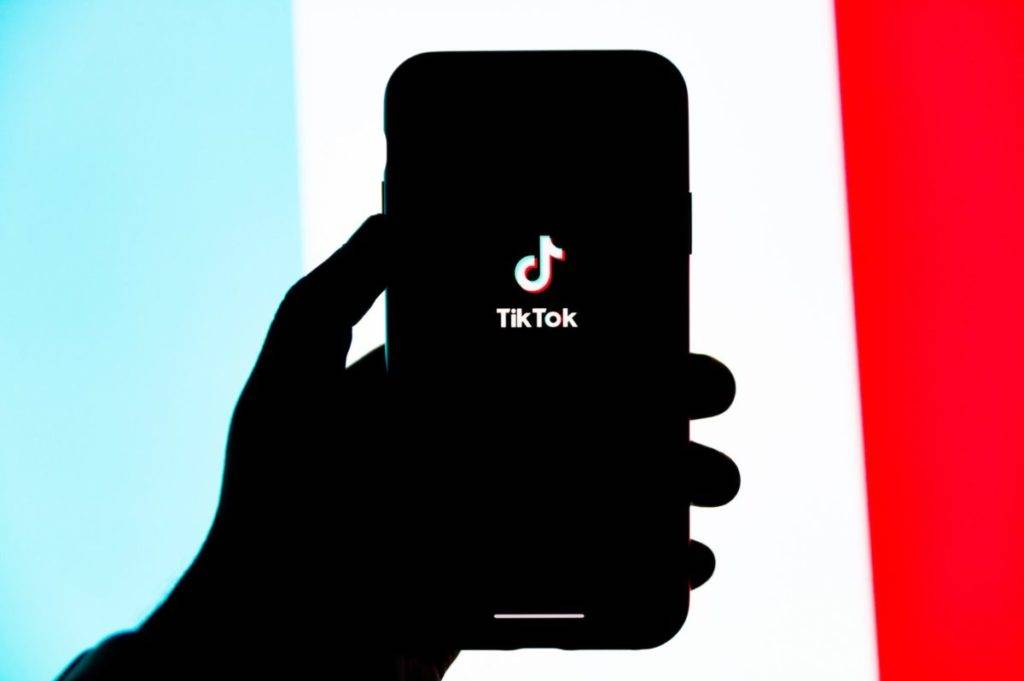TikTok Is Doubling Down On Africa & Fuelling A Match Made In Heaven

It is hard to ignore the massive success that TikTok, the world’s fastest-growing social media app owned by Beijing-based ByteDance, has enjoyed across the world.
TikTok, a Chinese-owned video-sharing social networking platform, is used to create short music, lip-sync, dance, comedy, and talent videos.
The app, though launched in 2017, only became available worldwide in August 2018 following its merger with another Chinese social media service, Musical.ly.
The rapidly growing platform has been said to have reached 2 billion downloads worldwide. When the word “enormous” was named, it probably had this feat by TikTok in mind. Barring the issues in the U.S. that have seen it get caught up in the U.S.-China trade war, TikTok has had a bull run.
With an unhindered global growth, the video-sharing platform hasn’t excluded the African continent in its growth and expansion goal. There has been seen to be an intensified penetration and reach in Africa over time, as the company has signed up with local partners to enable it to grow its share on the continent’s market.
In the language of farming, Tiktok is planting seeds all over Africa, and it is more likely than not that they would yield a bountiful harvest. The platform’s effort in reaching more people in the continent is evident in its recent partnership with Webfluential.
TikTok’s dance with Webfluential
As per recent reports, TikTok has signed its first African influencer platform partnership with South-Africa’s Webfluential.
Webfluential is an online influencer marketing platform whose ultimate goal is to help brands across the globe find relevant social influencers. They do this by linking the consumer market to advertising agencies and public relations firms through influencers, across various social networks with the major aim of brand promotion.
The platform is focused on four social media channels; Facebook, Twitter, Instagram, and Youtube, and runs a subscription-based model.
The Johannesburg-based platform currently has connections with about 500 million fans and followers across Africa, and its partnership with TikTok highlights a great potential for brands to tap into the African audience.
This partnership is expected to see influencers leverage TikTok’s pool of tools and creativity, to help promote brands’ visibility.
“With access to influencers across eight different channels and a combined audience of over two billion people, the addition of TikTok as a Webfluential channel means that our customers and agencies will be able to work with top TikTok talent and boost the uniquely talented creator economy in Africa.” says the CEO of Webfluential – Ryan Silberman.
TikTok’s deal with Webfluential is seen to have come shortly after it has partnered with Gritti Fund – the world’s first purpose-driven and happiness-focused investment fund. The partnership birthed the #PitchUpInTheSky competition; an elevator pitch challenge open to founders of early-stage startups in Africa and the Middle East.
The competition, having started online, heads to the stage of having its selected finalists pitch their business model while skydiving in Dubai. At stake is a USD 10 K investment price and a one-year mentorship from Gritti Fund.
Earlier in the year also, TikTok donated USD 10 Mn to the vaccine alliance, Gavi. The fund was directed towards supporting efforts for the future deployment of vaccines for COVID-19 in Africa.
What’s the buzz with TikTok and Africa?
For many reasons, TikTok’s attention to Africa makes absolute sense. The reason being that Africa is the world’s youngest continent with a median age of 20 years, in comparison with India which is 27, and America which is 38. This presents greater access to its target audience; the so-called Millennials and Gen Z.
Also, the advent and overflow of affordable made-in-China smartphones have led to a rise in internet penetration across Africa, thereby making it easier for TikTok to operate.
TikTok has its scope set on three key African markets: Kenya, Nigeria, and South Africa, as it has taken on various marketing initiatives in these countries. The company also has made active investments to secure local hires and offices and has had an aggressive talent acquisition push.
Its dedication to these three aforementioned countries is visible in that special social media accounts were created for each of the countries, for starters. Also, several initiatives have been embarked upon, across these countries. TikTok has also set up offices in those 3 countries.
In South Africa, it has created and promoted campaigns like the #MadibaJiveChallenge, which enabled users in South Africa to mimic the dance steps of the late Nelson Mandela. TikTok also commenced the Africa Day challenge centered around Africa Day celebrations on May 25.
In April 2019, the company held a Lagos meetup for social media influencers popular on Instagram, Snapchat, and YouTube, including the popular Nigerian creator, Maraji.
In October last year, it partnered with Chinese phone maker; Transsion’s Infinix brand in Kenya, with a hashtag campaign called #WeAreHot, to boost a new phone model but also raise awareness of the app. Likewise, it has also organized two meetups with influencers in Kenya.
TikTok’s efforts in Africa could be said to have not gone to waste, in that, by records, it emerged as the second most downloaded app in South Africa, after Facebook Lite, in August 2019.
Also, the platform is currently ranked as the third social media application among Nigerian users and the sixth-ranked social media app among Kenyans on the Google Play Store. For TikTok, doubling down on the African might prove pivotal for its future.
Featured Image Courtesy: Somos Innovacion